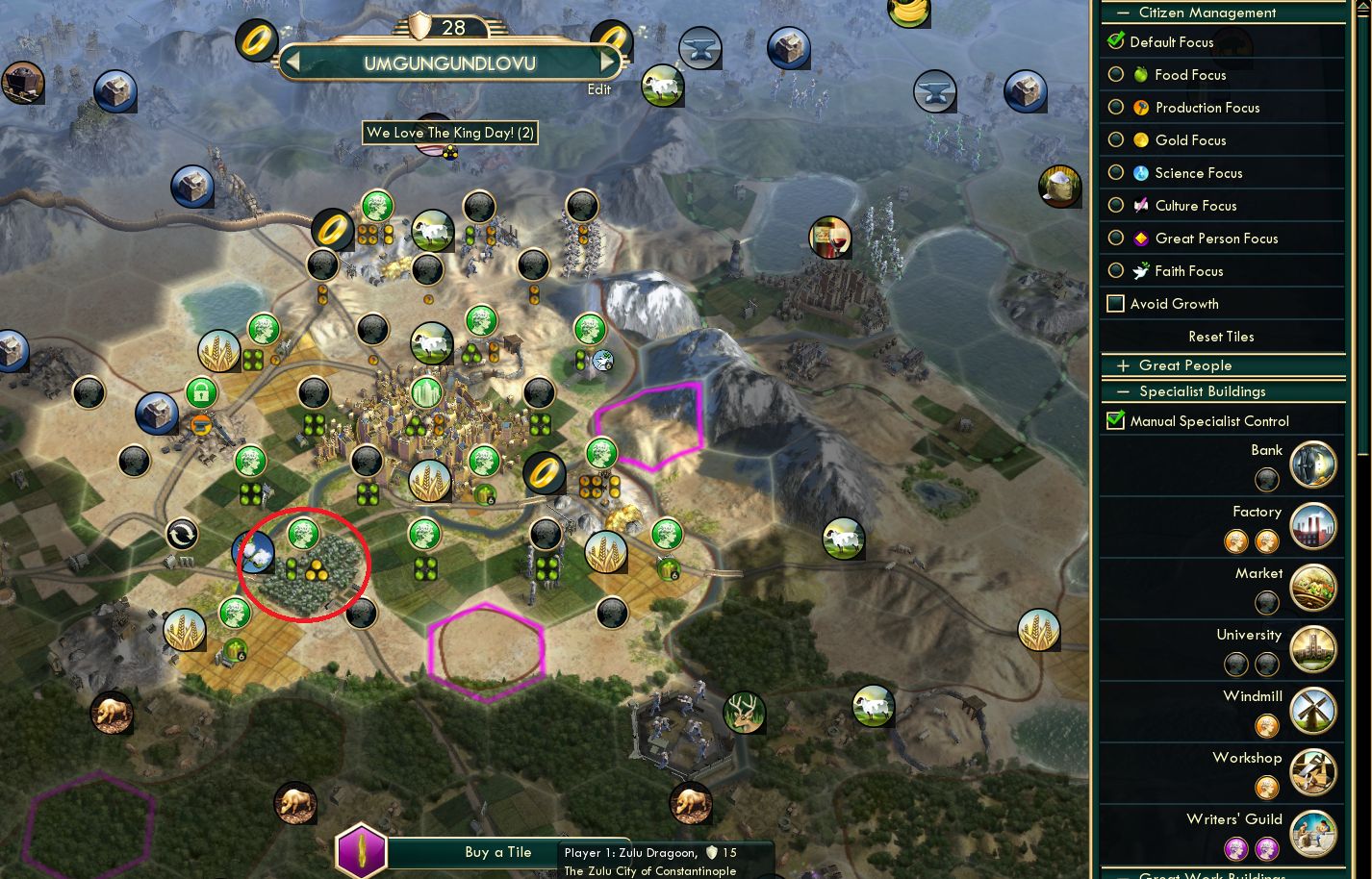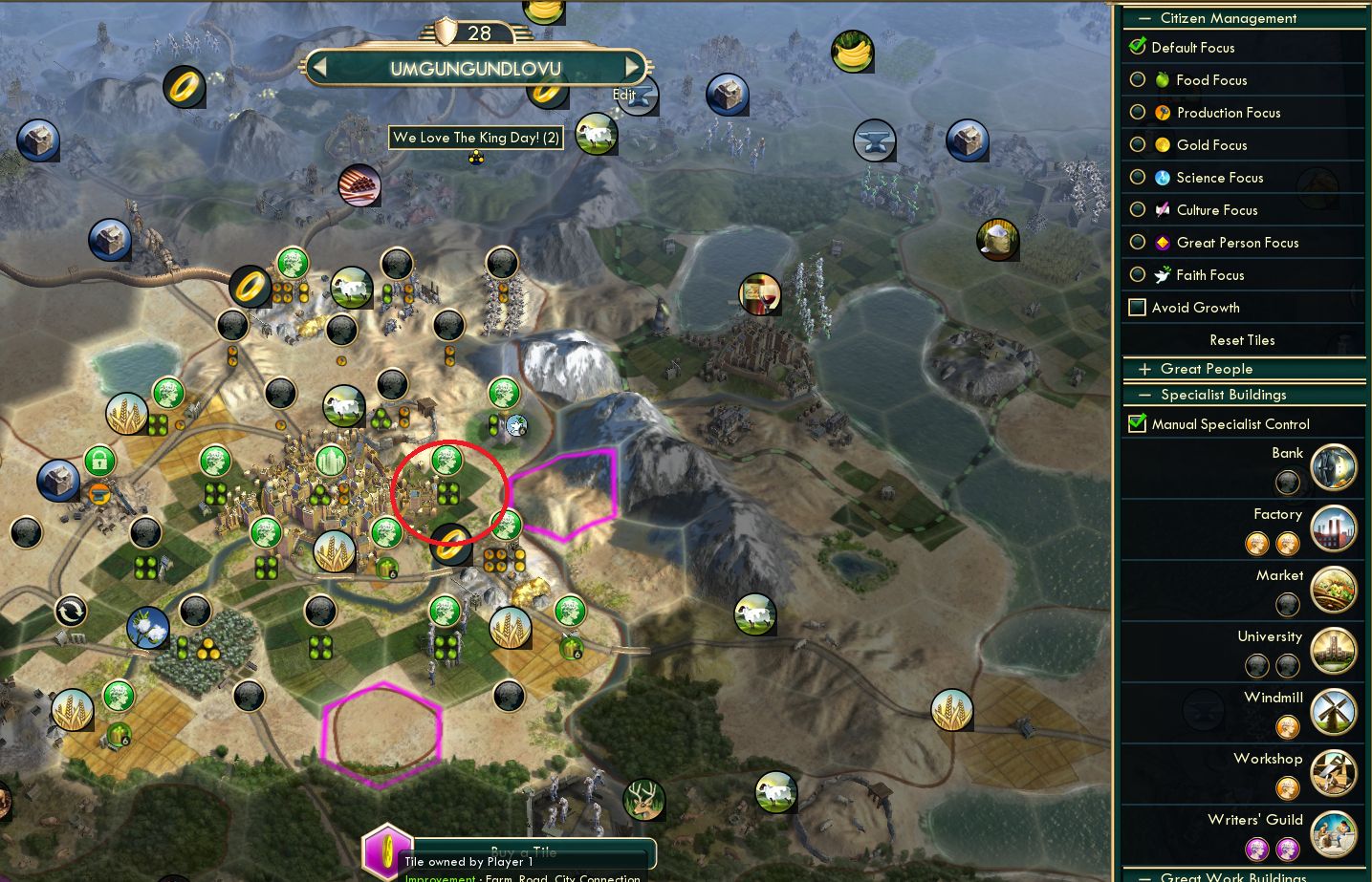Tubbilicious
Chieftain
- Joined
- Mar 3, 2011
- Messages
- 97
Do human players actually buy resources like Iron and Horses for money? I can see buying something like Coal so I can build factories, but if I buy ten horses and build ten cavalry I'm in danger of the deal ending and having ten useless units.
If humans don't do it, the AI shouldn't try either.
I do. Control of the oceans can be very important, and that can require considerable amounts of iron.



 I often forgo using paper for its intended purpose and just use it in trading.
I often forgo using paper for its intended purpose and just use it in trading.


 ). It did however increase up to normal levels, and probably higher than normal levels as soon as I settled a few more cities. So mostly undecided, and probably a huge boost for Carthage.
). It did however increase up to normal levels, and probably higher than normal levels as soon as I settled a few more cities. So mostly undecided, and probably a huge boost for Carthage.